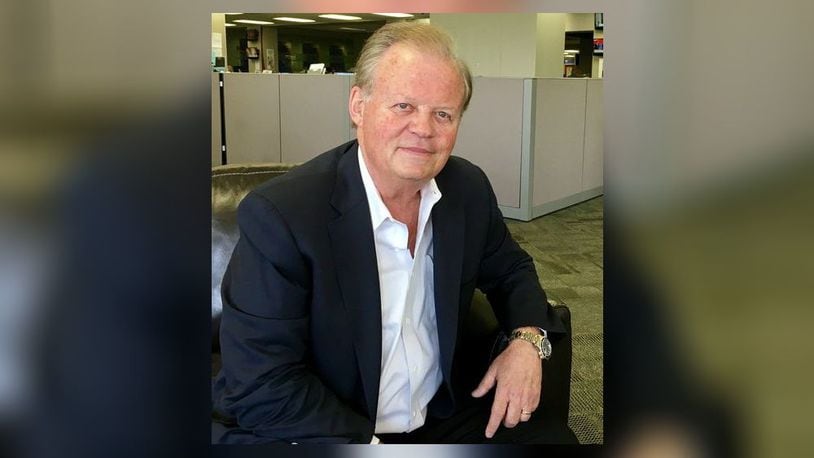Unfortunately, politics and politicians got in the way. Now we have the heartbreaking situation where more than half a million people in Gaza face a deadly famine. According to the World Food Program director Cindy McCain, “Children are dying as we speak.”
It’s imperative that international relief groups are immediately given support and protection to provide desperately needed food and medicine. As bad as things are now, it will get much worse without immediate aid.
Credit: AP
Credit: AP
I have too often seen what happens when violence rages, aid is prevented and starvation is the result. The first time I saw large-scale hunger was in 1984 visiting a refugee camp in Ethiopia. Families had walked for days with little food or water, trying to find safety in the midst of a deadly civil war. The suffering was overwhelming and I witnessed 25 children die within 15 minutes, a tragedy I can never forget. It was impossible to get food and medicine delivered so doctors needed to ration care, forcing them to choose which child would live and which ones would die. I’ve seen similar horrors repeated in Sierra Leone, North Korea and around the world. Recently, we have seen huge increases in hunger due to the war in Ukraine and Sudan.
Now our attention is directed towards the complex situation in Gaza. Certainly, the shock, pain and heartbreak felt in Israel and around the world after Oct. 7 is understandable. And so is the apprehension arising from growing antisemitism around the world.
We can feel sadness and anger over the atrocities of Oct. 7 and still feel compassion and concern for those starving in Gaza. Even during armed conflict, the use of food as a weapon is condemned. As recently as August 2023, the USA, Israel and 89 other nations signed a statement reaffirming the need for all parties in an armed conflict to allow the provision of humanitarian assistance.
When facing difficult issues, I have learned to lean heavily on my faith. Jesus teaches us to feed hungry people, even our enemies. That’s a message echoed in many other religious traditions. Importantly, I believe it’s also good foreign policy. When we help hungry people, we create goodwill that will last for generations and make us safer in a dangerous world. We saw that happen when the Marshall Plan rebuilt nations we were at war with and now these countries are staunch allies. People remember.
Providing food to those on the other side of a conflict follows both international law and God’s law. I encourage my friends in Israel to immediately allow safe passage for international aid workers so lifesaving food and medicine can reach those trapped by war. Lead the effort for a cease fire and the safe return of the hostages. It’s a difficult path, but the right choice is often the hardest one.
Tony Hall is a former member of Congress, UN Ambassador and founder of the Hall Hunger Initiative, a food justice organization. To find out more about HHI, email mark@hallhungerinitiative.org.
About the Author
